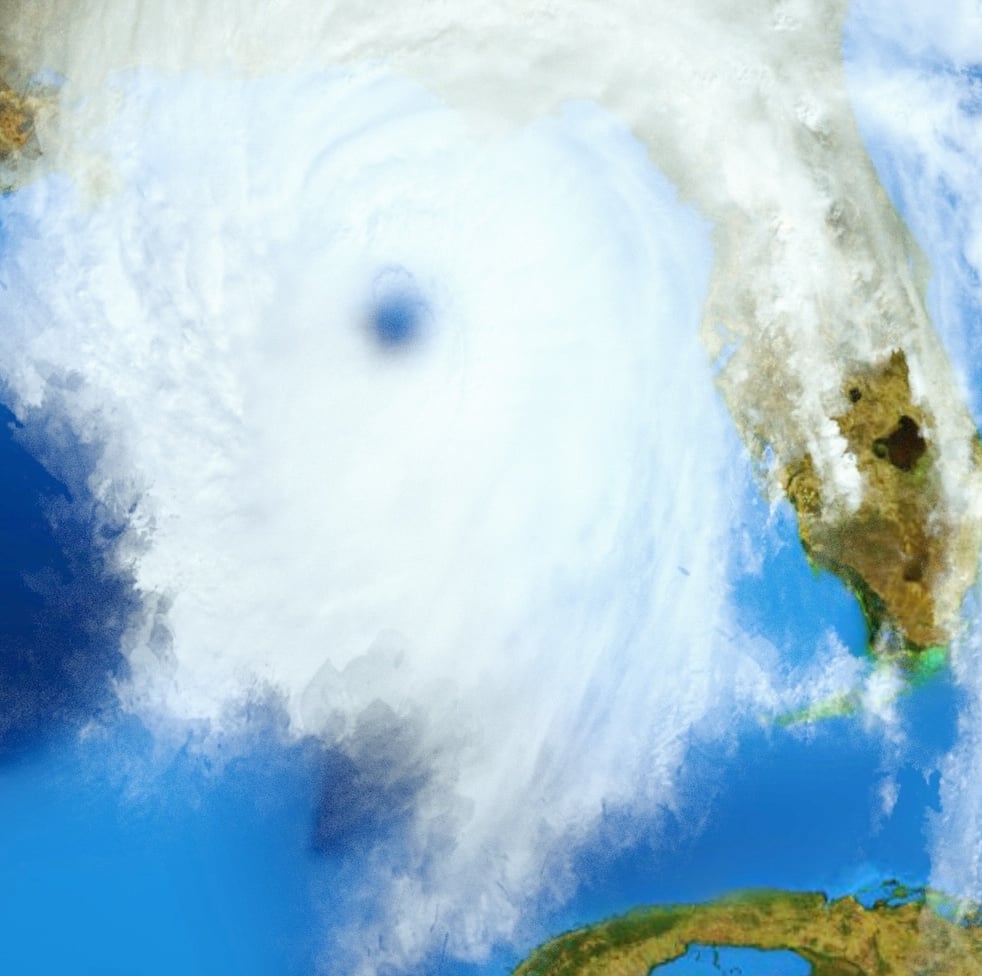Urbint Storm Impact
AI-driven solutions to predict the impact of weather and enable faster response.
Urbint Storm Impact leverages AI and the latest industry forecasting to predict the impact of forecasted weather on the grid, both in terms of customer outages and asset damages. Storm Impact, empowers utilities to effectively pre-stage their resources to maximize response effectiveness and get the lights back on.

Storm Impact Prediction
The Storm Impact Prediction module is based on advanced data analytics, machine learning, and human experience. Constantly re-trained and continually refined through post-storm review and user feedback, Storm Impact gives utilities the information they need to make the best decisions possible to reduce the impacts of incoming storms.
Learn MoreHurricane Impact Prediction
The Hurricane Impact Prediction module provides unparalleled insight into the potential impacts of hurricanes and major tracked storms, allowing utilities to perform what-if scenario analysis on storm path and intensity, preparing their response accordingly.
.png?width=1000&height=546&name=Storm%20truck%20stepping%20(3).png)
Reliable insights to protect your community.
Storm Impact’s AI-enabled models analyze hundreds of variables to provide actionable information for potential service disruption and infrastructure damage ahead of extreme storms. Regional and utility-specific tailoring ensures accuracy and ultimately the confidence to stage response resources accurately.
Identify Vulnerable Infrastructure
Know your weakest points ahead of potentially disastrous events - and plan system hardening accordingly.
Optimized Crew
Positioning
Reduce over-resourcing costs by sending the right teams and equipment to the right places, at the right time.
Reduced Service Outages
Prevent and quickly resolve outages by resourcing appropriately for every weather event.
Drive Organizational Alignment
Leverage multiple forecast models and advanced analytics to understand the range of potential outcomes and align on response strategy.
Reduce Costs of Recovery
Accurate modeling and resourcing results in less money wasted and more efficient operations overall.
Improved Regulatory Relations
Avoid fines and reputational damage from regulatory agencies by being adequately prepared every time a storm rolls in.
-1.png?width=317&height=172&name=HIP%20Laptop%20(1)-1.png)
